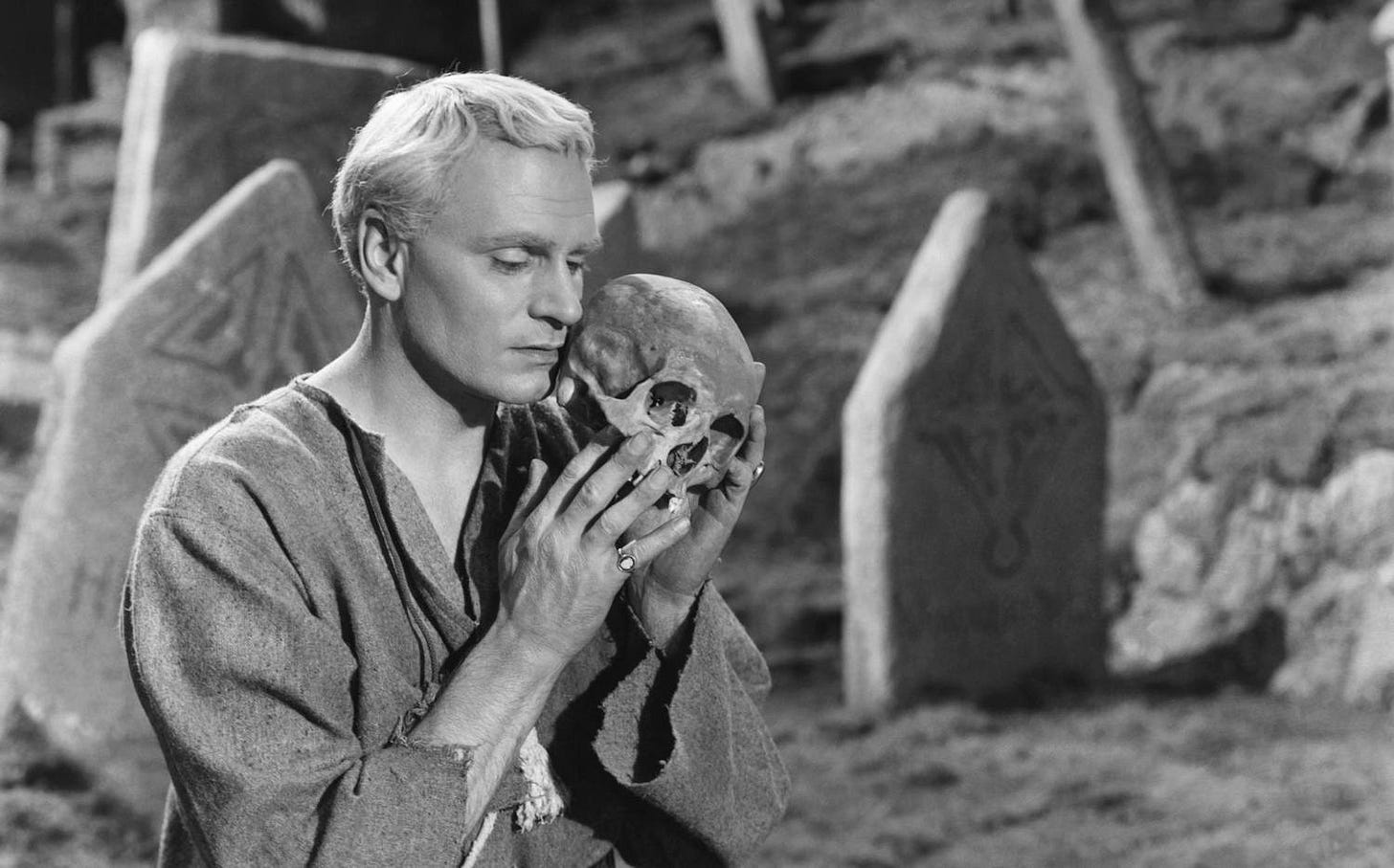Blaise Pascal and the Thinking Reed
IN the posthumous collection of writings that were issued as the Pensées, Blaise Pascal (1623-1662) notes that:
“A human being is only a reed, the weakest in nature, but he is a thinking reed. To crush him, the whole universe does not have to arm itself. A mist, a drop of water, is enough to kill him. But if the universe were to crush the reed, the man would be nobler than his killer, since he knows that he is dying, and that the universe has the advantage over him. The universe knows nothing about this.”
This example of self-knowing within consciousness implies that individual freedom is nonetheless retained in the very face of the uncompromising strictures that govern the universe. In other words, self-knowing offers a point of freedom that lies completely above and beyond the natural world. Or, as Nishida Kitarō puts it:
“Our will is free because it is a manifestation of this power and is not subject to the laws of nature.”
The power in question is the unifying spirit that completes the principle of reality by making it self-sufficient. The unity arises from a conjunction of self-knowing and will that, together, comprise the true self. Again Nishida:
“This self of ours that is the unifier of the spirit is originally the unifying activity of reality.”
Human will thus becomes the unifying force that lies behind the infinite power of primordial reality and this means that it becomes manifest as the self - or authentic personality - by expressing its innermost essence.
Therefore when Hamlet asks whether “'tis nobler in the mind to suffer / The slings and arrows of outrageous fortune, / Or to take Arms against a Sea of troubles, / And by opposing end them: to die, to sleep,” he is exercising the freedom of the will that may, should he choose, deprive the universe of the very satisfaction of determining the future of Pascal's quintessentially “weakest” and yet ironically “thinking” reed.


